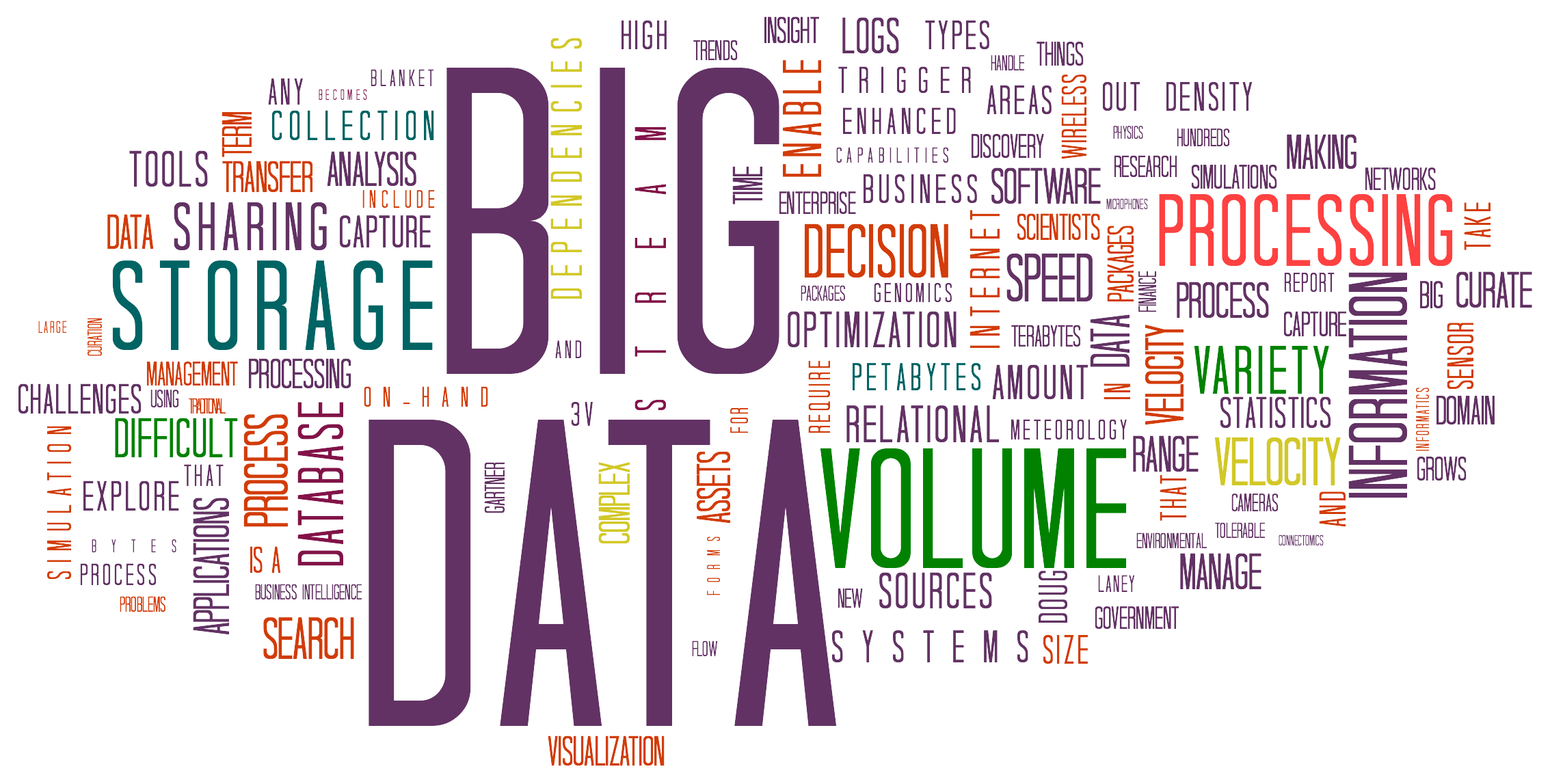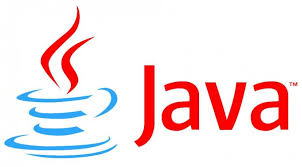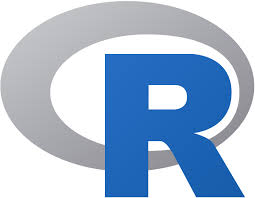

Big Data is a field that treats ways to analyze, systematically extract information from, or otherwise deal with data sets that are too large or complex to be dealt with by traditional data-processing application software. Data with many cases (rows) offer greater statistical power, while data with higher complexity (more attributes or columns) may lead to a higher false discovery rat↗1
This is a list of areas where Big Data is the most used:




For example you have NHL Statistics. In this example we will take statistics for Tampa Bay Lightnings(TBA) and Boston Bruins(BOS) from 2018-2019 season split monthly
Tampa Bay Lightning and Boston Bruins results season 2018-2019
| Team→ Month ↓ |
TBL | BOS | ||
|---|---|---|---|---|
| W | L | W | L | |
| October | 8 | 3 | 4 | 6 |
| November | 8 | 5 | 7 | 6 |
| December | 11 | 2 | 10 | 4 |
| January | 6 | 6 | 8 | 3 |
| February | 9 | 4 | 9 | 4 |
| March | 9 | 5 | 11 | 5 |
| April | 7 | 4 | 6 | 8 |
| Total | 58 | 29 | 55 | 36 |
To calculate this value we need to follow these steps:
Imagine you have hundred thousands of data like this. Big Data analysis allows you to predict certain outcomes based on previous occurrences using statistical and mathematical equations